- Current projects (see below)
- Completed projects

Climate Change, Emergency System Strain, and Code Black Events in Thunder Bay, Ontario
This project investigates how rising EMS call volumes, emergency department congestion, and growing offload delays contribute to Code Black events (which are critical periods when no ambulances are available) in Thunder Bay’s already strained emergency care system. As a major service hub for Northwestern Ontario, Thunder Bay faces mounting pressures that may be further intensified by climate-related extreme weather such as heat waves, cold snaps, and wildfires. Using exploratory data analysis, machine learning, and predictive modelling that integrate EMS, ER, and climate data, the study aims to identify key environmental and system-level factors that drive Code Blacks. The findings will support more effective prevention strategies, operational planning, and preparedness for increasing demand and a changing climate.

Co-Designing Privacy-Conscious AAL Dashboard for Older Adults
This study examines how older adults want their health information displayed in smart home systems that support aging in place. Many older adults hesitate to use these technologies because they are unsure who can see their data. Through focus groups with older adults, the project explores what information they feel comfortable sharing in different situations and with different people. The findings will guide the design of clearer, privacy-conscious dashboards that support trust and independent living.

Leveraging AI and IoT to predict heatwaves in Canada: A climate health initiative
Extreme heat events in Canada pose a significant threat to public health, especially affecting vulnerable groups such as older adults and individuals with pre-existing health conditions, who often spend considerable time indoors. Increasing indoor temperatures during heatwaves can worsen health problems and lead to heat-related illnesses. Accurate forecasting of indoor temperatures is thus crucial for informing public health strategies and mitigating the impacts of these extreme heat conditions. This project aims to address this challenge by predicting heatwaves by analyzing indoor temperature data collected from ecobee smart thermostats in North American households.
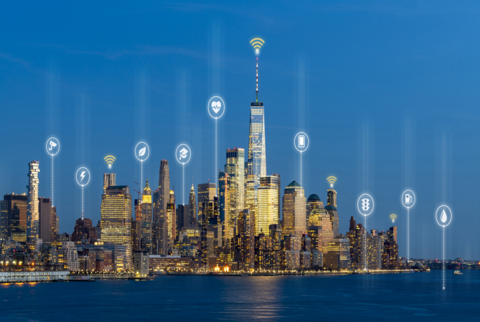
The future of AAL: Exploring the continuum between AAL technologies, AAL services, and smart communities
This project is a collaboration between the University of Waterloo and the CSA Group with the objective of better understanding the requirements of AAL and smart technology use in the care of older adults. We are exploring the continuum connecting AAL technologies, healthcare service provision, and smart communities by researching existing work, conducting interviews with stakeholders in older adult care and AAL technology development, and collaborating with industry and research partners. With the help of these findings, we will provide guidelines, checklists, and propose new standards for current and future smart communities seeking to implement AAL technologies at a community level.
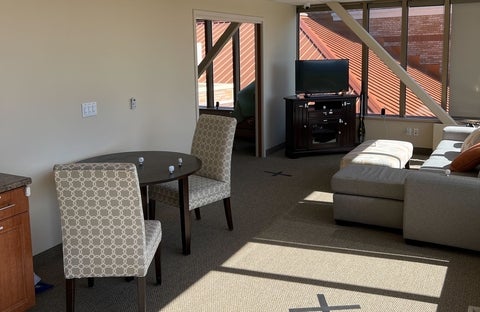
Support Healthy Aging with Smart Home Technology: A data ecosystem for Older Adult Healthcare Monitoring
This project is a collabration between researchers from the Research Institute for Aging in Waterloo, two smart home technology companies (Swidget and SmartONE), with the aim of developing a smart home based data ecosystem to support independent living for older adults in Canada. In this project, we propose the development of an ecosystem to aggregate data from existing smart home technologies coupled with machine learning algorithms to detect anomalies in everyday behaviours. A remote monitoring platform would notify caregivers or family members when an expected behaviour is not observed, or a sensor reading is out of normal bounds. This project will enable caregivers and care providers to use smart home sensor data to monitor family members living
independently.
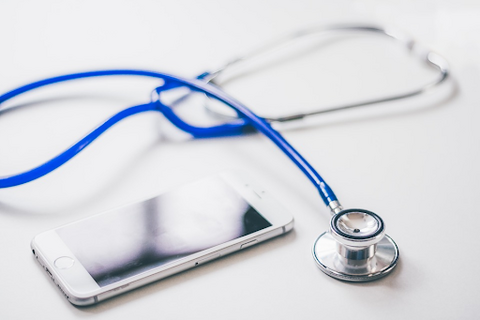
The use of IoT and big data by public and global health agencies to quantify adverse outcomes and health impacts of air pollution
Air pollution is a major global public health challenge responsible for numerous health issues in children and deteriorating environmental conditions with adverse outcomes on people’s health (Sofia, Gioiella, Lotrecchiano, & Giuliano, 2020). The purpose of this project is to create a real-time, crowdsourced, IoT-based air quality monitoring ecosystem using IoT sensors. In doing so, these data can then be used by the national public health agency to expedite the necessary steps to mitigate the adverse impacts of air pollution.

A Big Data ecosystem for evaluating health misinformation on social media
Infodemics--Digital misinformation on social media has led to harmful and costly beliefs in the general population. Notably, these beliefs have resulted in public health crises to the detriment of governments worldwide and their citizens. Consequently, there is a critical need for an expert system capable of processing vast amounts of health-related digital data to detect patterns of public health misinformation. To address this need, this research designed and developed the U-MAS, a big data pipeline and ecosystem for identifying and analyzing health misinformation on social media.
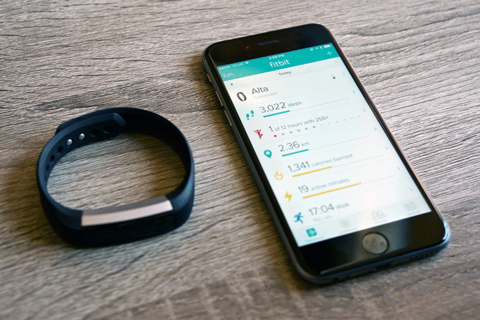
Public health surveillance of behavioral risk factors for chronic diseases in Canada using big data from internet of things and artificial intelligence
Public health surveillance has developed in recent years as technology has progressed to deliver the requirements of such a system. However, there is still room for innovation in the types of technologies that are developed, used, and implemented. The solutions provided in this study can expand beyond typically defined features and be used for more holistic health monitoring purposes at population level.
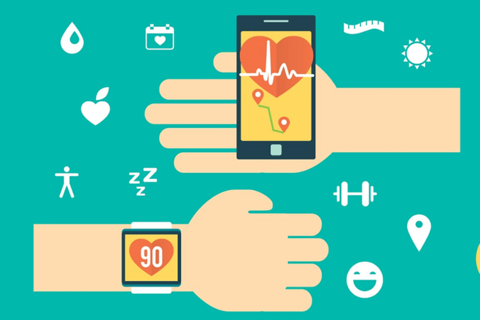
Climate change healthy behaviour monitoring using Internet of Things (IOT)
Climate change is the biggest threat to humans in the 21st century, and with global warming already occurring, we must prepare to live in a warmer climate that will experience more frequent, intense and longer extreme heat events (Patz et al., 2005)(Costello et al., 2009). The UbiLab has a research partnership with ecobee, a Canadian smart thermostat company, and access to over 110,000 household temperature records from across North America. The use of this unobtrusive, commercially available monitoring system in Canadian homes would overcome barriers such as cost, and enable long periods of data collection that could save lives.

Workers’ health and safety real-time monitoring using wearable technology to enhance construction management practices
With current advances in wearable devices and optimization technologies, this project aims to provide a low-cost system for automated monitoring of workers’ exposure to hazards and support better decisions for schedule fast-tracking and recovery. This should greatly help construction companies meet their objectives without overstressing construction workers. The project is funded by UW Interdisciplinary Trailblazer Fund.
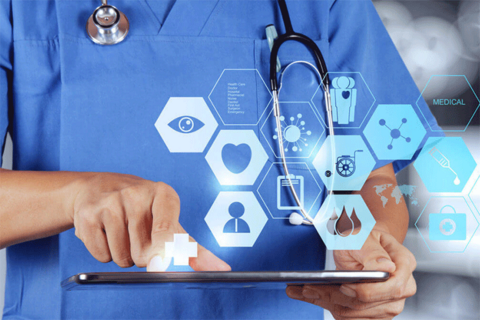
Blockchain platform for consent management in healthcare
Introducing blockchain into the consent process can improve the safety, security and privacy of research stakeholders in healthcare studies. Blockchain can provide an immutable and timestamped log of consent, making the process more transparent for everyone involved.
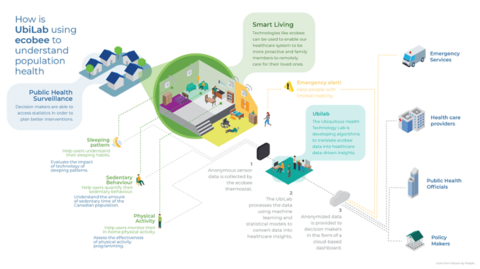
Rapid population level surveillance of PASS indicators using ecobee's smart thermostat
The UbiLab is working with ecobee, a Canadian manufacturer of smart thermostats that uses wireless sensors (temperature, presence/movement) to adjust the temperature in the home according to usage and consequently, save energy. This study leverages data collected through ecobee’s “Donate Your Data" Program. We are expanding ecobee's research commitments into the healthcare domain to identify the amount of physical activity, sleep patterns and sedentary behaviour, particularly in older adults, using the sensor data generated.
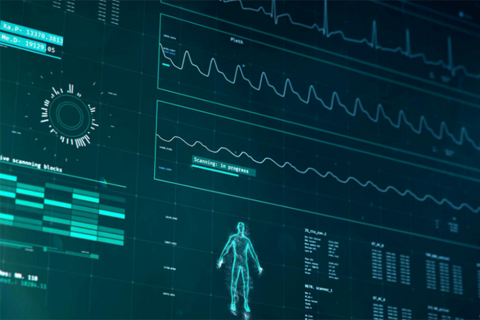
Data visualization for Precision medicine
Technology is driving medicine towards a new era where new devices and large amounts of data come together to play an important role on diagnosis and treatments. The objective of this research is to design an ontological database of data visualization for precision medicine.
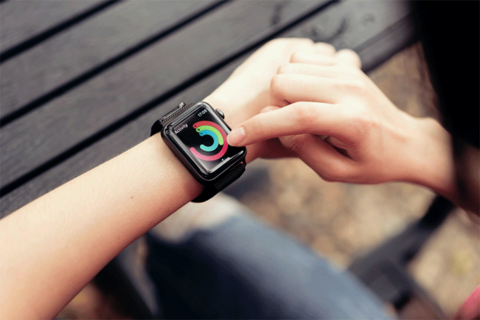
Comparing accuracy of clinically approved trackers against consumer-level wearables
Increasing physical activities can help maintain and improve health, including decreased risks of chronic disease mortality. This project will compare 3 different clinically approved trackers (Omron Pedometer HJ720IT, Piezo RxD, and ActiGraph GT9X Link) against each commercially available digital tracker, which consists of different versions of Apple Watches, Fitbits, and Xiaomi Mi Bands. The goal of this project is to determine if commercially available digital trackers are as accurate as clinically approved trackers in counting steps and, in turn, measuring physical activities.
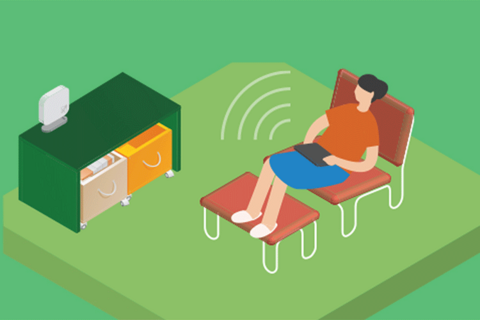
Remote patient monitoring using smart thermostat data
This study aims to analyze remote sensor records using machine learning and statistical methods to extract meaningful healthcare insights at individual level patient monitoring. It starts with the hypothesis that with this kind of record for aging patients for example, anomalies to their patterns and behaviours could help identify opportunities for proactive care, including family alerts.

IoT + mHealth data integration framework
UbiLab is currently working on a study to understand what Active/Ambient Assisted Living (AAL) or IoT for Healthcare technology companies are using as policy guidelines and standards in the creation of their products and services. Ultimately, this study will highlight the gap between what is currently available for innovators in terms of data security, privacy and encryption, and what should be developed to ensure that AAL technology is designed ensuring benefits to patients and the healthcare system through safe technologies.
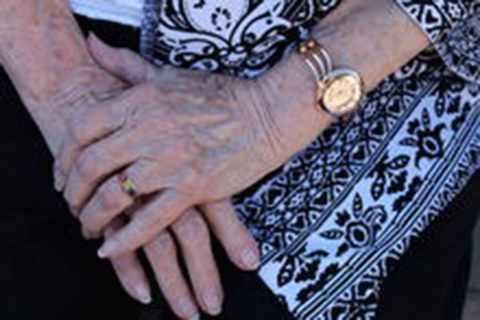
Ambient physiology and activity monitoring
Capturing and interpreting people’s activity and vital signs is central to monitoring and managing their health. We are creating new and innovative ways of embedding sensors and systems into people’s environments to enable zero-effort remote monitoring. This project includes cutting-edge research into new wireless and computer vision sensors, embedding sensors into everyday objects, machine learning for activity recognition and data fusion, and interface development to effectively relay information to a diversity of stakeholders.